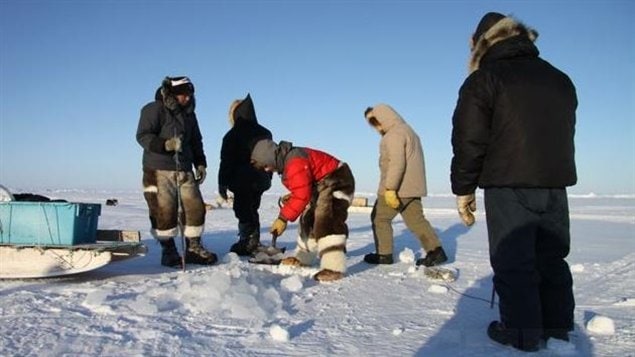Each week, Eye on the Arctic features stories and newsmakers from across the North
From the moment the European Union issued a ban on seal products, Inuit around the circumpolar world braced for the consequences.
The European Parliament had passed the bill in 2009 after a campaign by animal welfare activists against the commercial seal hunt.
And despite an Inuit exemption incorporated into the bill, much of what Inuit, and other Arctic indigenous peoples had feared has come to pass, that the law effectively killed the market for seal products.
Lasting effects
This continues to have economic and social consequences for Inuit, Sami and other Arctic indigenous communities, they say.
Despite various appeals to have the ban struck down, the law remains in place.
The latest setback for Inuit groups and countries opposed to the ban came this Monday when the World Trade Organization upheld the EU’s ban, a law that Canadian Inuit have called ‘immoral’ and ‘outrageous’.
“The seal ban demonstrates a fundamental lack of understanding of Arctic Peoples on the part of the EU,” said Terry Audla, the president of Inuit Tapiriit Kanatami, Canada’s national Inuit organization, in a statement this week.
Eye on the Arctic’s Eilís Quinn spoke to Terry Audla shortly after the WTO decision to find out more about why the Inuit exemption isn’t working and what’s at stake for Inuit if the law isn’t struck down.
ListenRelated Links:
Seal product ban in Europe upheld by WTO panel, CBC News
(VIDEO) Seal Ban – The Inuit Impact (2010), Radio Canada International







For reasons beyond our control, and for an undetermined period of time, our comment section is now closed. However, our social networks remain open to your contributions.